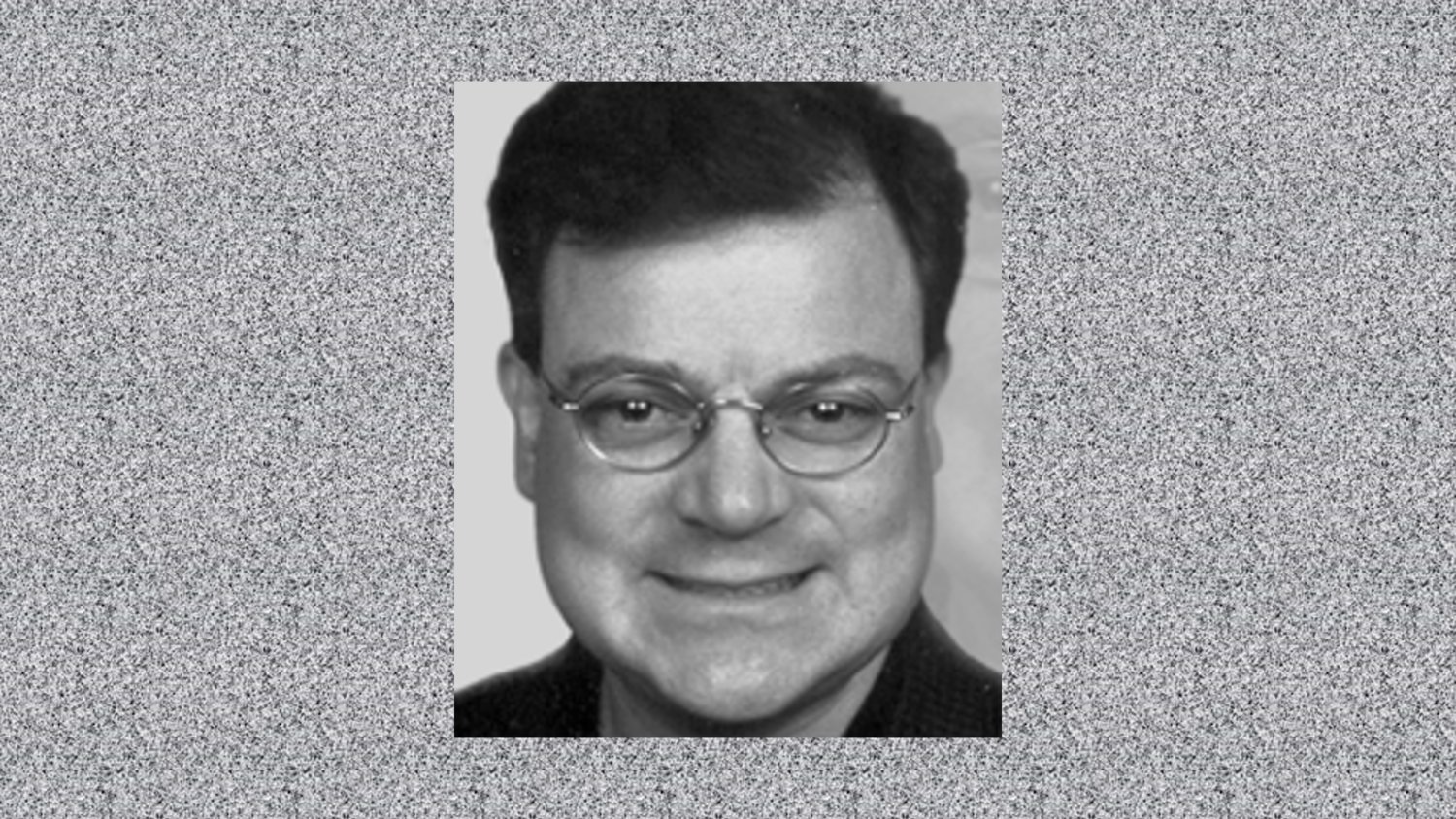Growing up in a world of childhood worries
The only worry I had was that Old Man Miller might be hiding out behind the shed trying to catch us running through his garden when we played “Tag” in our back yards.
If you grew up in …
This item is available in full to subscribers.
Attention subscribers
To continue reading, you will need to either log in to your subscriber account, below, or purchase a new subscription.
Please log in to continue |
Growing up in a world of childhood worries
The only worry I had was that Old Man Miller might be hiding out behind the shed trying to catch us running through his garden when we played “Tag” in our back yards.
If you grew up in the ‘70s in the suburbs of Pittsburgh, you know exactly what I’m talking about.
Our childhood was essentially a 1950s childhood, a great time to be a kid.
We played outside all day long in the summertime and no kid was ready to come home for dinner or when the street lights turned on.
We had zero involvement in the adult world. There was one television in our home and it broadcast the news an hour or so a day, but we never watched the news.
Most broadcasting was family oriented. I still have fond memories of going grocery shopping with my dad every Thursday night and arriving home just as the credits for “The Waltons” began to play.
We’d enjoy Snyder of Berlin potato chips—the giant aluminum-foil family-sized bag — and French onion dip as my sisters and I gathered around to watch the show about John Boy and his large rural family making their way through the Great Depression.
The closest thing we had to social media was the CB radio it took me weeks to save up for.
I dubbed myself “The Trail Blazer” and chatted with other “good buddies” into the wee hours about trivial things.
We lived simple lives in what appeared—to us, anyhow—to be a simple world. Our suburban world was free of chaos and suffering, because we weren’t exposed to it.
It’s not possible for children to just be children that way anymore—because children are immersed in the awfulness of the adult world through 24-hour news channels and social media.
One of my nephews is now 24, but I remember something he did that never could have happened in my childhood.
My sister was driving him down the highway in heavy rains and he began to panic because of a sensationalized documentary he saw about hurricanes on the Weather Channel.
He believed that hurricanes happened regularly and that he and his mother were going to die for the simple reason that a cable channel had to over-dramatize its content to draw in viewers.
Now add social media into the mix.
Kids are getting the same sensationalized news adults get—and the same often-wrong information—through their social media feeds.
Now, in the aftermath of another horrendous school shooting, there is great national sadness, but nobody is surprised—least of all our children.
School shootings are ever present in their minds, reports Yahoo News.
I had trouble enough focusing on my lessons. How do kids focus now when, every day in class, they wonder if they may be shot?
Last December, NPR reported the U.S Surgeon General issued a stark warning about the state of our children’s mental health.
There is a direct link between the proliferation of social media platforms and the many mental and other issues our youth are suffering, according to a recent National Library of Medicine study.
The shooter in Texas used social media to broadcast his horrible intentions.
Tom Purcell is an author and humor columnist for the Pittsburgh Tribune-Review. Email him at Tom@TomPurcell.com.






